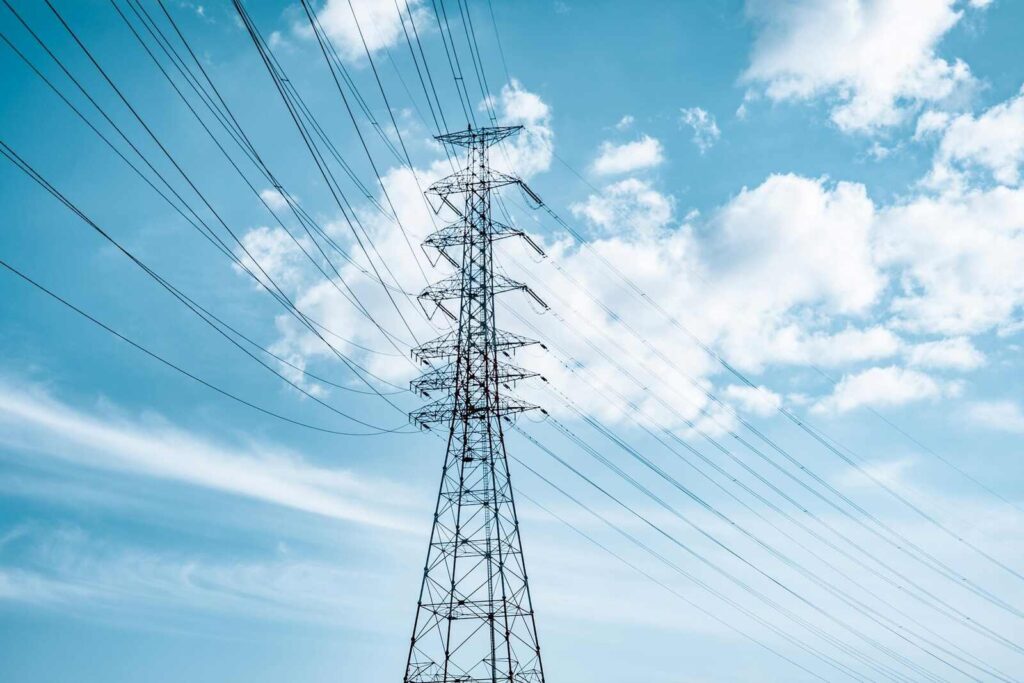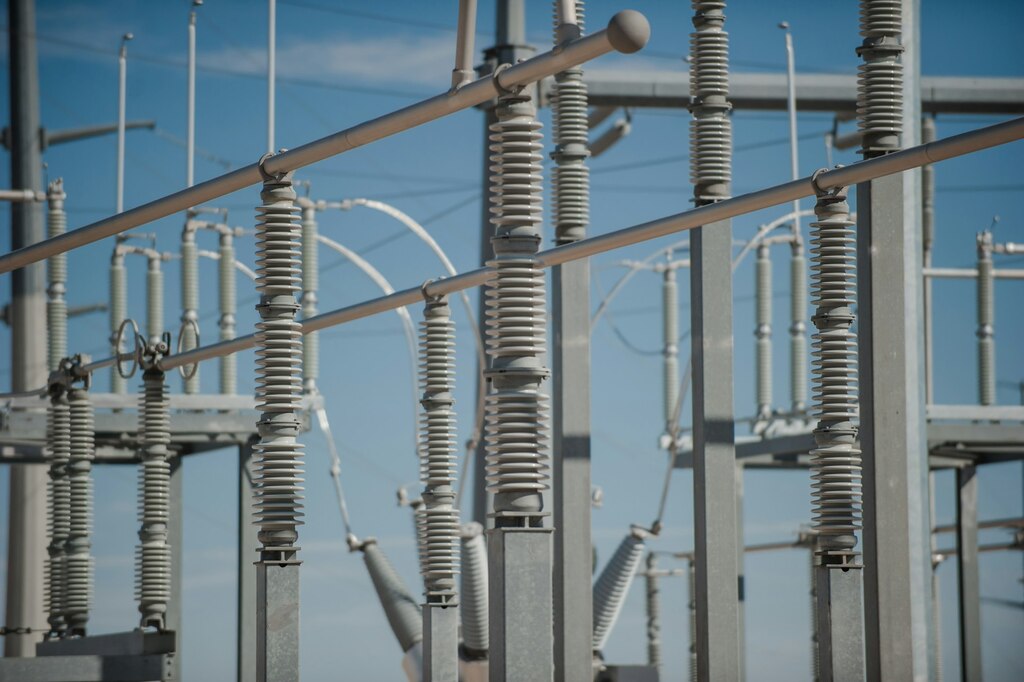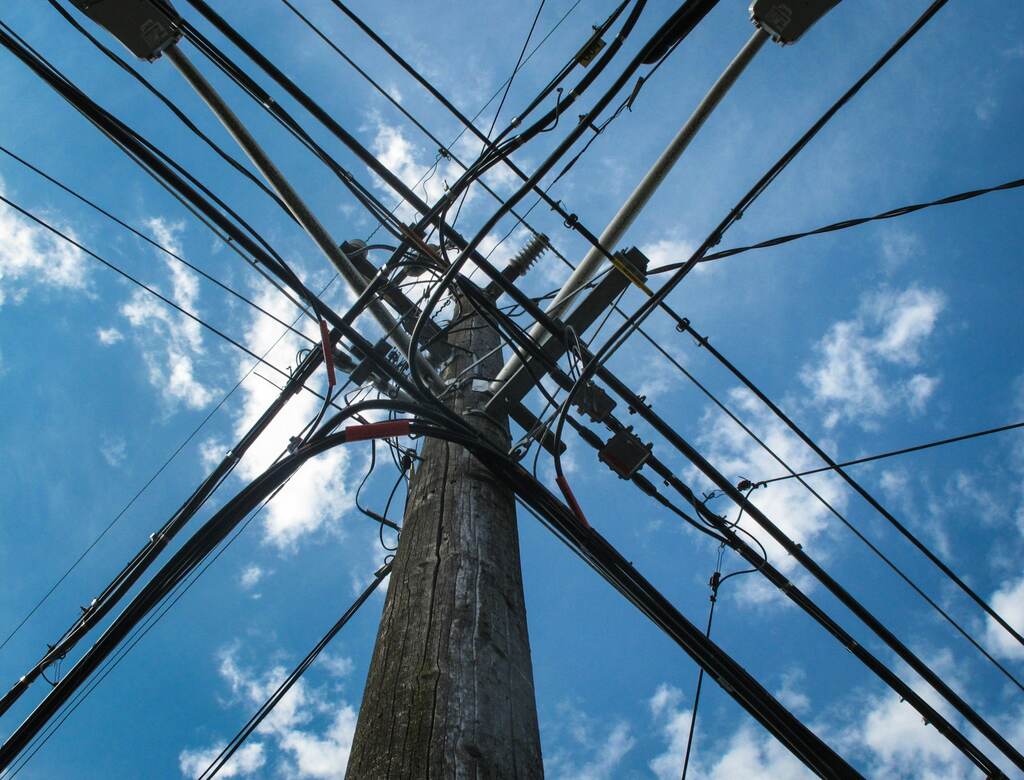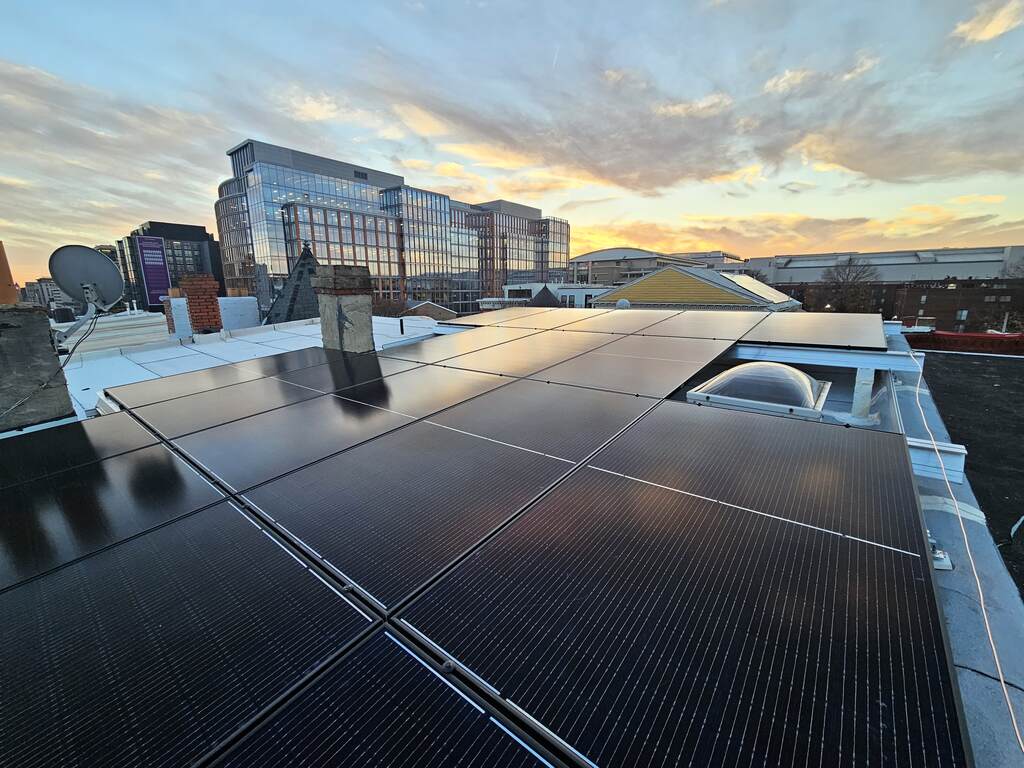
Did you know solar power is great for America’s electric grid? Besides the obvious individual benefits for homeowners, like reducing power bills and lowering carbon footprints, solar also strengthens the grid. Here’s how.
Solar reduces stress on the grid
If you take a look at your Pepco bill, you’ll see electric distribution charges and electric supply charges. Distribution is how electricity gets to your home — and if you have solar on your roof, chances are good you won’t need much electricity from the grid. That means less electricity has to move through distribution and transmission lines. The more homeowners go solar, the more pronounced this benefit.
Solar lowers the costs of upgrading the grid
If more homeowners install solar, the electric grid won’t need as much new transmission infrastructure, and then utility companies won’t need to maintain infrastructure they didn’t need to build. And they won’t be passing those maintenance costs on to homeowners.

Solar lowers the demand for electricity
This benefit goes hand in hand with the ones above; if families are getting power from solar, there won’t be as much demand on the grid. This is especially helpful in the summer. During the DMV’s humid, hot days, we’re all blasting our air conditioners, and demand for electricity is high. But summer, with its long days of light, is exactly when solar panels are generating the most power. The more families run their ACs with solar, the less the grid will need to supply it.
A study from SunCommon and Synapse Energy Economics after a heat wave in New England and New York a few years ago discovered solar helped meet power needs as people grappled with the heat — resulting in savings of $30 million in one week. In the words of SunCommon co-founder James Moore, “The amount of solar produced was the equivalent of removing 1.37 million homes from the grid.”

Solar promotes grid resilience
According to the Global Solar Council, rooftop solar can even help the grid be less susceptible to extreme weather events, conflicts, or power outages. Generating power close to where it’s used — such as a home powered by panels on its roof, for example — means the grid won’t need long and vulnerable transmission lines.
The Department of Energy (DOE) also says solar can make the grid more resilient. Besides the benefits of generating power close to home, solar is spread across multiple rooftops, whereas traditional grids have tended to obtain electricity from centralized power plants.
Solar plus storage can keep the lights on in case of a power outage, such as one that stems from a natural disaster. DOE suggests communities identify critical infrastructure like hospitals, shelters, or fire stations and equip those with solar and storage systems so “the community can respond better to, and recover faster from, electrical service loss.”
A powerful example of this suggestion are solar power systems that continued to function after Hurricane Maria in Puerto Rico, like a 645 kilowatt array on a hospital that remained operational even after being subjected to the hurricane’s 180 mph winds.

Looking ahead to a zero-carbon grid
DOE’s Solar Futures Study found that by 2035, solar could power 40% of America’s electricity needs, employing 1.5 million people in the process. But we need to install plenty of solar to get there: 30 gigawatts (GW) each year until 2025 and 60 GW each year from 2025 to 2030. The zero-carbon grid won’t operate on only solar, according to DOE’s modeling, but also wind, nuclear, hydroelectric, and geothermal power. By 2050, it’s possible that we could attain a zero-carbon grid, but again, we’d need to keep installing solar at high rates. We’d also need supportive policies and technological advances to further slash solar costs.
But the benefits would be well worth it! One significant benefit of a renewable-based grid, according to the Solar Futures Study, is health savings, to the tune of a massive $1.1 to $1.7 trillion thanks to improved air quality and lower greenhouse gas emissions. That number would far outweigh the monetary costs associated with the clean energy transition.
Let’s strengthen the grid!
Interested in going solar? Uprise can help with that! We’d be more than happy to answer any questions you may have about the process, or how solar can work for your home. Give us a call at (202) 280-2285 or schedule a consultation here.
